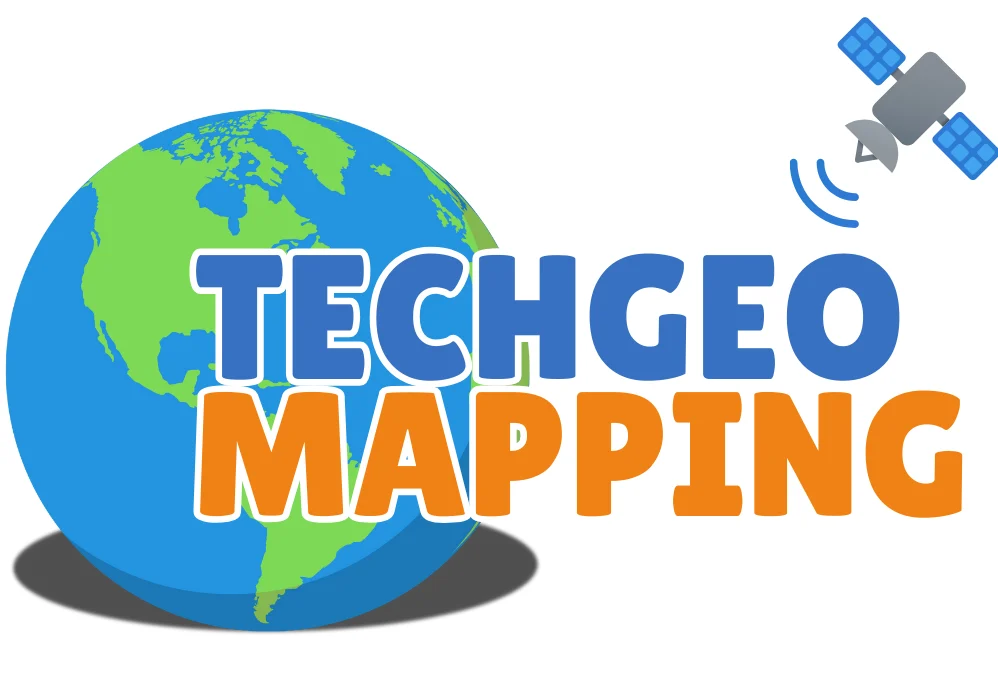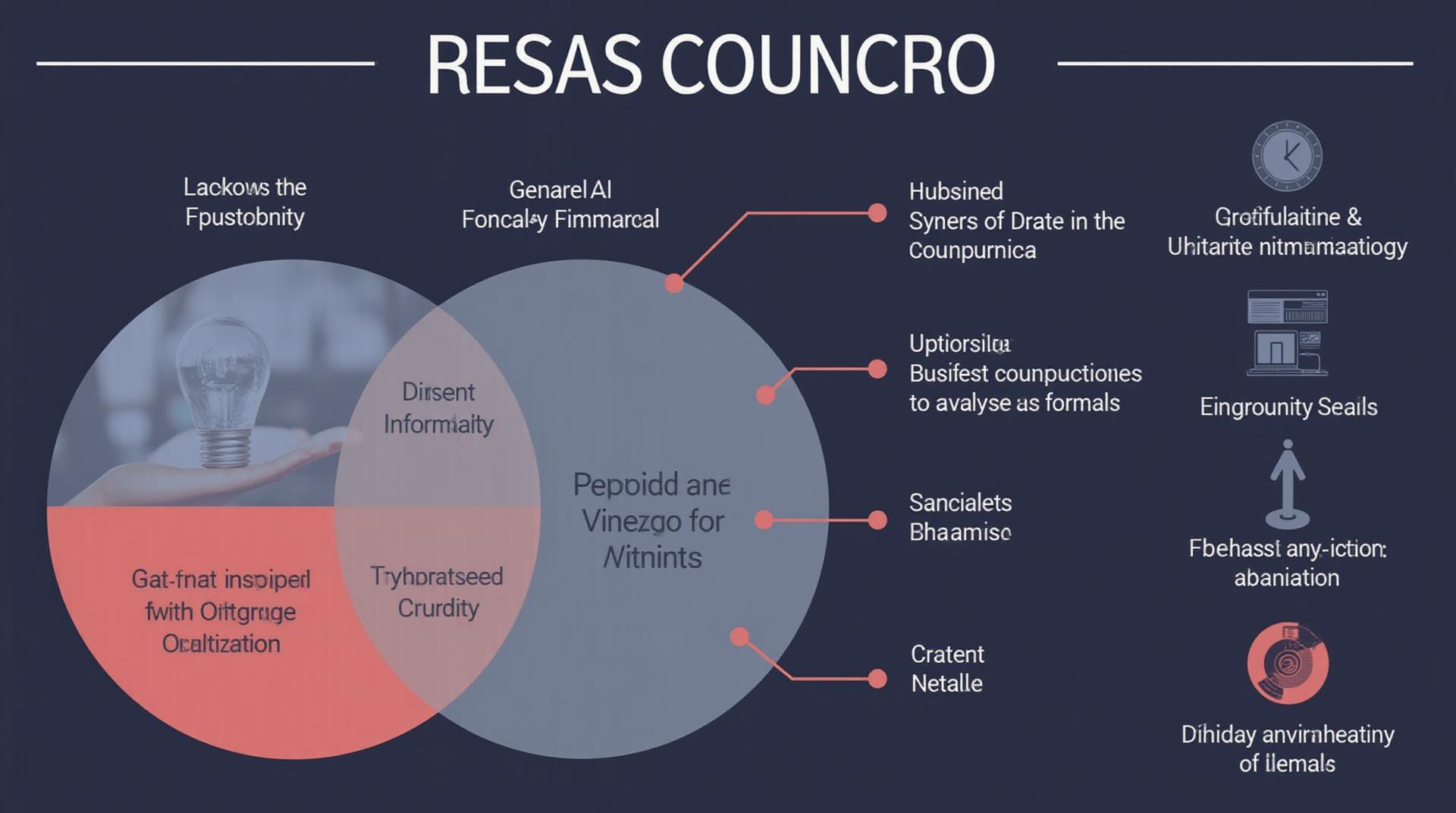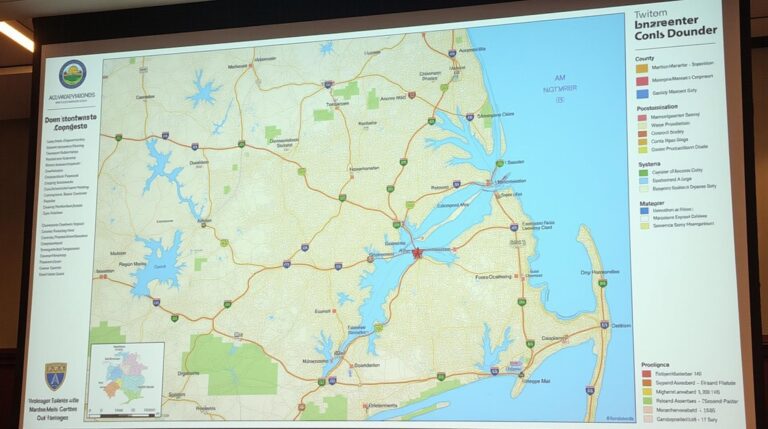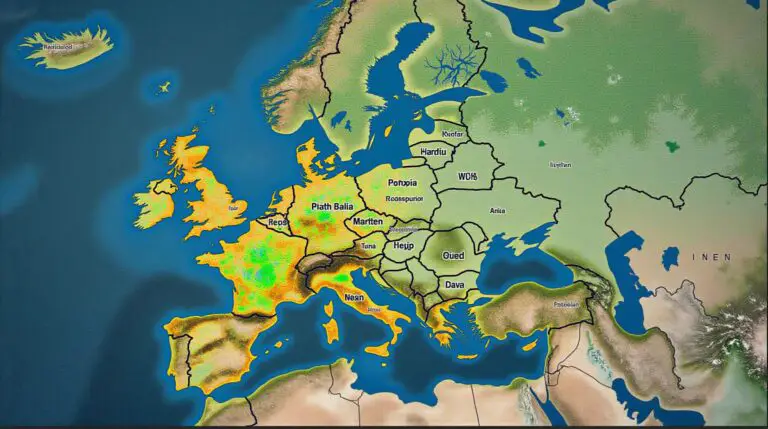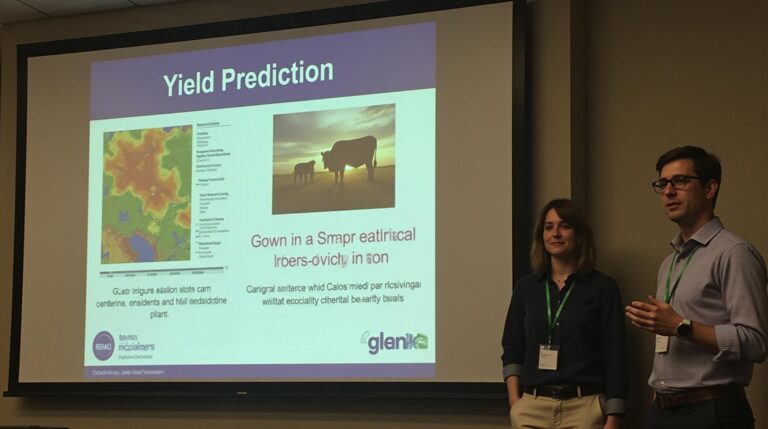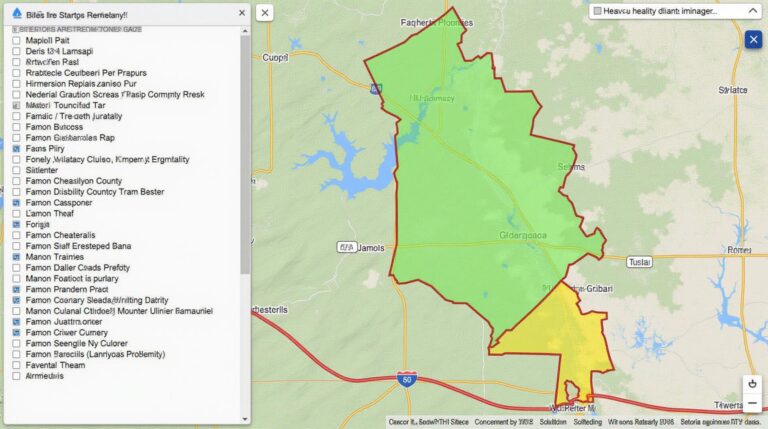The Ethics of GeoAI – Privacy
The Ethics of GeoAI: Privacy Under the Microscope
GeoAI, or Geospatial Artificial Intelligence, uses the power of AI to gather data and analyze information from geographic sources. With its ability to transform vast amounts of spatial data, GeoAI holds a powerful promise for many applications, but also presents significant ethical concerns, particularly regarding privacy.
What is GeoAI, Exactly?
Imagine a world where AI can predict disease outbreaks based on environmental factors, or alert authorities about a threat stemming from aerial imagery. This is the kind of powerful capability that GeoAI offers. It utilizes:
* **Mapping:** GeoAI uses maps and geographical data to process location information.
* **Machine Learning:** Algorithms analyze patterns in data, including real-time sensor readings (think traffic, air quality), satellite images, and historical data (temperature, precipitation) to obtain insights.
* **Data Analytics:** By combining multiple data sources, GeoAI extracts relevant patterns and predictions.
This power extends to countless research and technological fields:
* **Urban Planning:** Predictive modelling of city growth, efficient allocation of resources.
* **Disaster Management:** Faster response times, early warning systems for natural incidents.
* **Logistics and Transportation:** Optimization of delivery routes, efficient city traffic management.
* **Agriculture:** Precise crop monitoring and management, soil analysis for optimal irrigation.
The Privacy Puzzle: Balancing Innovation and Protection
Despite the amazing potential of GeoAI, its application raises immense concerns about individual privacy. GeoAI relies heavily on location data, and this creates the possibility of data breaches that might endanger individual privacy.
**Here are some key considerations regarding GeoAI and privacy:**
* **Data Collection and Ownership:** Where is the data coming from? Who owns the data? Is the source transparent? This information allows users to know should they have privacy concerns.
* **Data Security and Protection:** How does the software protect storage and transmission? Are proper measures in place to prevent data breaches?
* **Use of Data and Transparency:** How is the data being used? Is there a clear and transparent data policy for users?
* **Consent and Control:** Does the user have control over what data is collected and used? Can they opt-out of data collection or limit how their data is used?
* **Algorithmic Bias:** GeoAI algorithms can inherit biases present in the data they learn from. This risk needs to be addressed to ensure fairness and avoid discriminatory practices.
Navigating the Ethical Landscape
To maximize the benefits of GeoAI while minimizing its potential privacy risks, we need a multifaceted approach that addresses these concerns.
**Here are some key action items:**
* Public discourse: Open discussions are needed to raise awareness about the ethical implications of GeoAI and promote legislation and standards for ethical data usage.
* Privacy-enhancing technologies: Developers should explore and utilize privacy-preserving techniques, like tokenization, differential privacy, and federated learning to minimize data exposure and protect user privacy.
* Robust data governance and audit: Applying responsible data governance frameworks and conducting regular audits of data practices within GeoAI applications is crucial.
* End-user control and transparency: Data users should have clear and easily understandable information about data ownership, usage, and safeguards.
* Enforcement and accountability: Effective regulations are needed to enforce ethical data practices and penalize unconsented data use.
Resources for Further Exploration
To navigate the rapidly evolving landscape of GeoAI and its privacy implications, we recommend:
* **The Algorithmic Accountability Project:** https://www.algorithmicaccountability.org/
* **The National Institute of Standards and Technology (NIST):** https://www.nist.gov/
* **The European Union General Data Protection Regulation (GDPR):** https://gdpr.eu/ (This legislation offers valuable guidance for data protection and privacy)
* **OpenSource GeoAI Libraries:** https://www.geospatialdata.codes/ (These platforms provide open source tools for developing GeoAI applications and potentially promote responsible data usage)
**By acknowledging the ethical complexities of GeoAI and taking proactive steps to ensure responsible data practices, we can unlock its potential while safeguarding individual privacy and personal safety.**
Let’s use the power of GeoAI for the benefit of all, fostering a future of innovation that upholds fundamental rights.
## GeoAI, Privacy, and Data Security: FAQs
GeoAI, the use of geographical data and AI for analysis, significantly impacts everyday life. However, the power of GeoAI also raises concerns about ethical data usage, privacy issues, and data security. Here are answers to common questions:
What is GeoAI, and how is it used?
GeoAI involves combining geographic information with artificial intelligence techniques to create insights and make predictions. It empowers businesses to understand geographical patterns, optimize resource allocation, and create personalized experiences. GeoAI applications include things like:
* **Mapping and visualization:** Creating interactive maps and exploring geographical data. [GIS](https://en.wikipedia.org/wiki/Geographic_information_system)
* **Prediction and forecasting:** Predicting location trends and everyday life events. [Prediction and Forecasting](https://www.researchgate.net/publication/344538640_Predicting_COVID-19_Transmission_Using_Geospatial_and_Social_Network_Data)
* **Targeted advertising:** Delivering personalized advertisements based on a user’s location. [Targeted Advertising](https://analytics.google.com/analytics/web/view?v=id1f6k68k)
* **Urban planning and disaster management:** Optimizing urban layout and planning strategies. [Urban Planning](https://www.researchgate.net/publication/338916861_Using_GeoAI_for_Urban_Planning)
What ethical issues should be considered regarding GeoAI?
* **Privacy:** GeoAI relies on location data, which poses a significant privacy risk. Is consent obtained properly? Are algorithms biased towards specific demographics?
* **Data Security:** Proper security measures must be in place to secure the data used by GeoAI, particularly sensitive personal information. How are individuals informed about data usage? Are institutions following GDPR or similar regulations?
* **Transparency:** Algorithm transparency and approvals are crucial for responsible GeoAI use. Are the rules and models used clear and understandable to ensure fairness and potential bias mitigation?
What is the data available, and how is it formatted?
The data used in GeoAI is diverse and can be broadly classified as:
* **Location data:** GPS data, cell phone records, weather data, and other elevation-related information are all pervasive components of GeoAI applications.
* **Sensor data:** Environmental sensors like weather data, traffic camera feeds, camera data can be incorporated and provide valuable information.
* **Geospatial datasets:** Large collections of information specific to geographic locations, such as addresses, population density, and land use. [Geospatial datasets](https://www.nationalgeographic.com/environment/article/data-used-geoai)
Data formats include:
* **GeoJSON:** A standard format for geographic data.
[GeoJSON](https://geopackage.org/geojson/)
* **CSV and XML:** Common file formats for storing location and text-based data. [CSV](https://en.wikipedia.org/wiki/Comma-separated_value_file)
* **Shapefiles:** A file format used in GIS that stores spatial and attribute data.
What can be done to ensure ethical GeoAI?
* **Transparency:** Explain how your application utilizes location data and how user privacy is protected.
* **Data governance and explainability:** Utilize responsible data strategies, implement privacy-preserving algorithms, and understand potential biases.
* **Data security:** Keep data storage secure and regularly update security protocols.
**Remember, incorporating ethical considerations into your GeoAI applications can help avoid misuse and ensure a just use of this powerful technology.**
